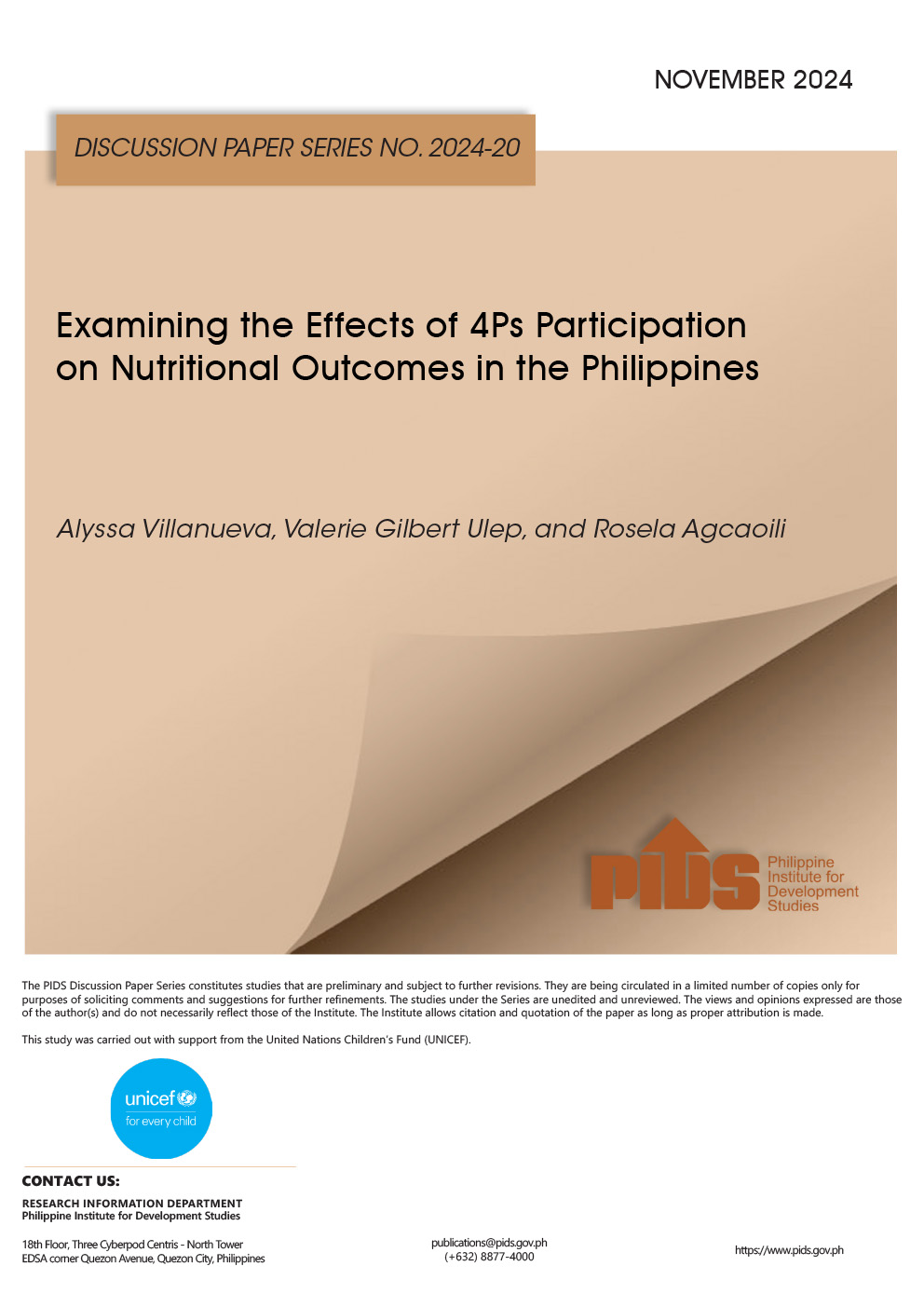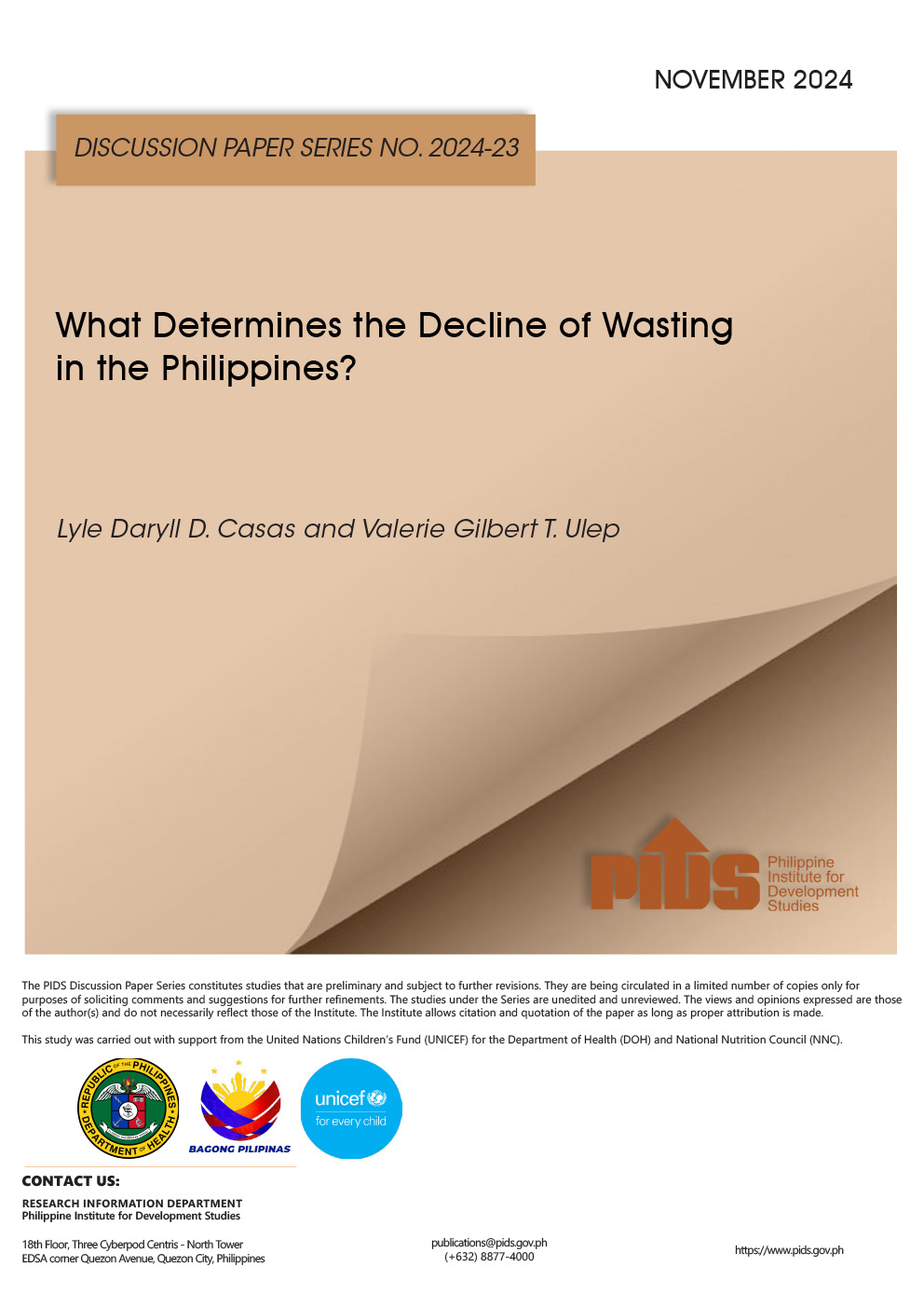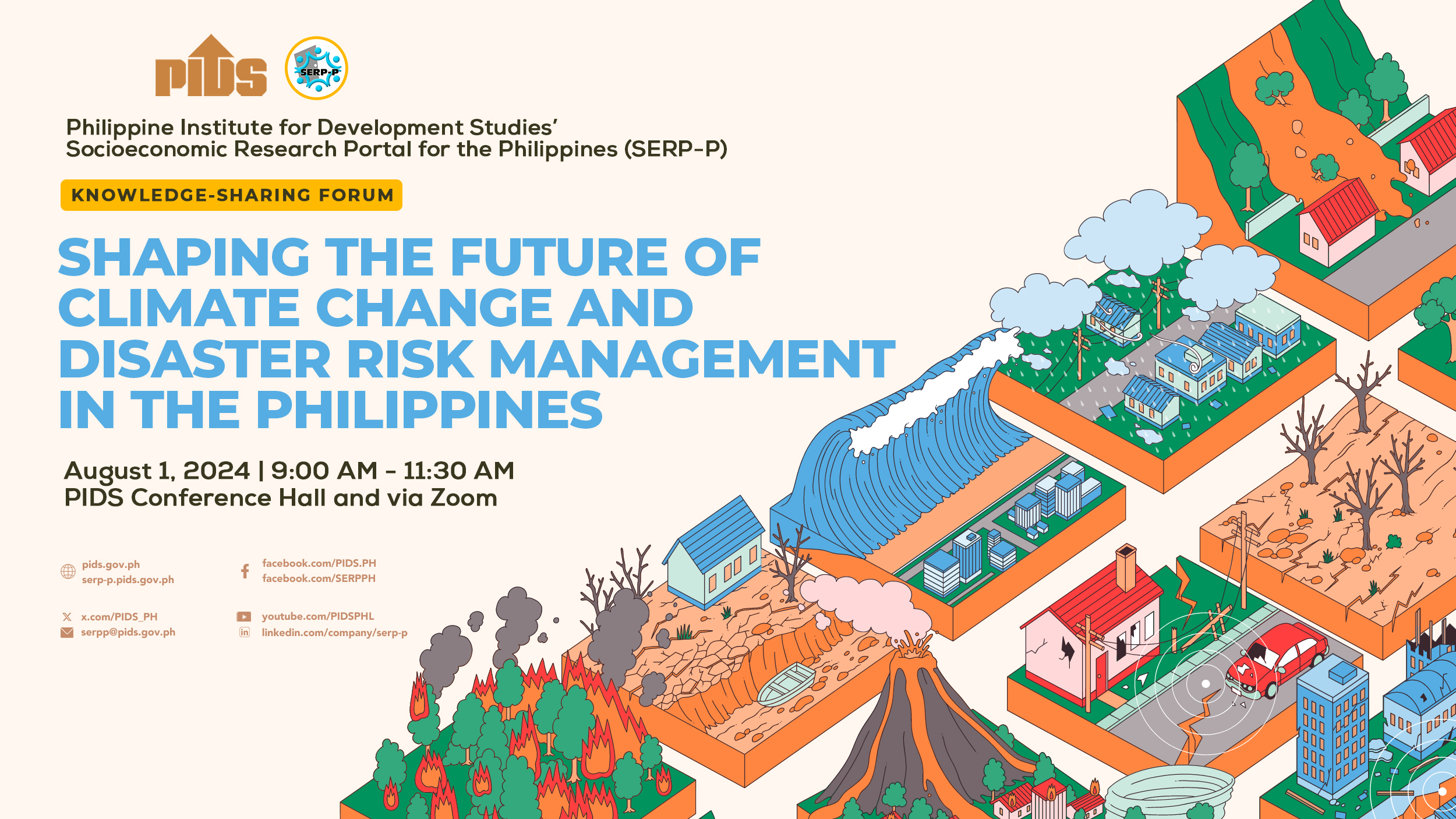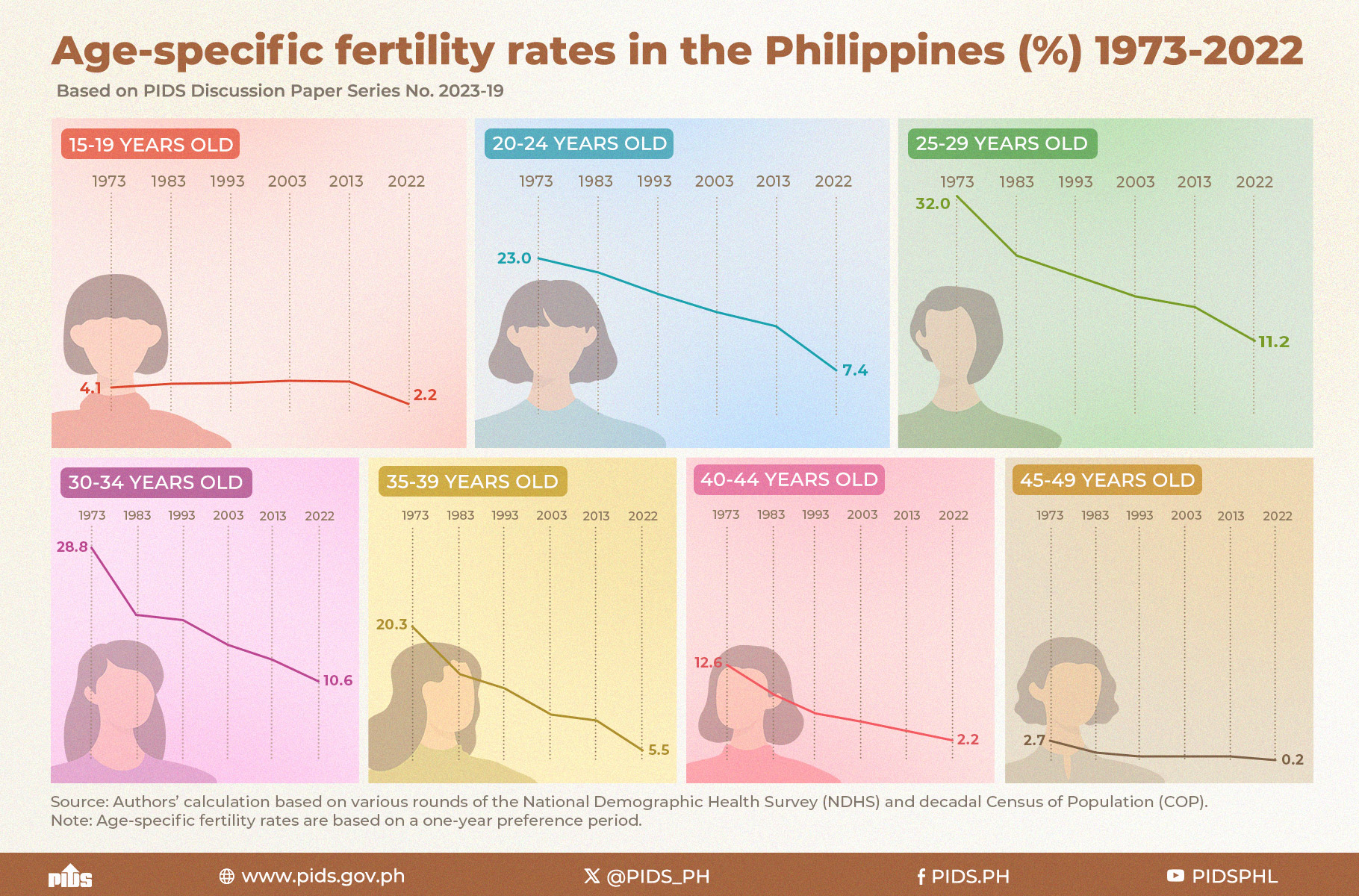The world faces great uncertainties ahead, with global trends in leadership shifting away from cooperation to protectionism. Despite the dubious times, global analyst, and CEO of Difference Group, Dr. Dan Steinbock, believes the Philippines is on the right path to continue and capitalize on its positive growth.
At a seminar organized by state think tank Philippine Institute for Development Studies (PIDS), Steinbock detailed a foreboding outlook of the future. The radical polarization in the European Union over issues of immigration and unity, Beijing getting ready for the next Politburo, the impact of demonetization in India, and US President Donald Trump recalling policies and plans rolled out during the Obama administration, including the Trans-Pacific Partnership (TPP), have made it difficult to predict economic outcomes.
Under Trump, the US's withdrawal from the TPP and forcible renegotiation of the North American Free Trade Act (NAFTA) has put regional and global trade partnerships at an unease. Steinbock says the Philippines has to be mindful of the risks of new protectionist policies that can hit remittances and its offshore industries.
According to Steinbock, policymakers and leaders should strive to develop the country's manufacturing sector. A strong manufacturing sector will be able to not only sustain the country's consistently positive growth on average, it will also take the economy to the next level, and help the country reduce its exposure to external risks.
"Catch-up growth is slowing down," said Steinbock, "It is slowing down in the Tiger economies--it is slowing down in China. When that happens and the countries outside the region have less money to give, will the Philippines be able to grow"
Politically, Steinbock opined that President Rodrigo Duterte's foreign policy has been pragmatic.
He added that changes concerning defense policies in the South China Sea and currency valuations in China will contribute to the drastic deterioration of US-China relations, placing the Philippines in a difficult situation in the middle.
Policymakers must pay attention not only to insulating the Philippines from the effects of geopolitical shifts but also to upgrading the country's capacity to deal with such economic and political shocks. (PIDS)
At a seminar organized by state think tank Philippine Institute for Development Studies (PIDS), Steinbock detailed a foreboding outlook of the future. The radical polarization in the European Union over issues of immigration and unity, Beijing getting ready for the next Politburo, the impact of demonetization in India, and US President Donald Trump recalling policies and plans rolled out during the Obama administration, including the Trans-Pacific Partnership (TPP), have made it difficult to predict economic outcomes.
Under Trump, the US's withdrawal from the TPP and forcible renegotiation of the North American Free Trade Act (NAFTA) has put regional and global trade partnerships at an unease. Steinbock says the Philippines has to be mindful of the risks of new protectionist policies that can hit remittances and its offshore industries.
According to Steinbock, policymakers and leaders should strive to develop the country's manufacturing sector. A strong manufacturing sector will be able to not only sustain the country's consistently positive growth on average, it will also take the economy to the next level, and help the country reduce its exposure to external risks.
"Catch-up growth is slowing down," said Steinbock, "It is slowing down in the Tiger economies--it is slowing down in China. When that happens and the countries outside the region have less money to give, will the Philippines be able to grow"
Politically, Steinbock opined that President Rodrigo Duterte's foreign policy has been pragmatic.
He added that changes concerning defense policies in the South China Sea and currency valuations in China will contribute to the drastic deterioration of US-China relations, placing the Philippines in a difficult situation in the middle.
Policymakers must pay attention not only to insulating the Philippines from the effects of geopolitical shifts but also to upgrading the country's capacity to deal with such economic and political shocks. (PIDS)












